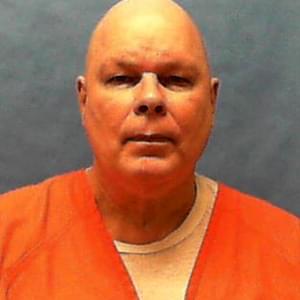The St. Louis Post-Dispatch recently revealed that a Missouri man who was entrusted with state and federal executions had a criminal past. The man, a licensed nurse who was called to Indiana in 2001 to assist in the federal execution of Timothy McVeigh, first needed permission from his probation officer before leaving the state. In 1998, the Missouri executioner was charged with felony aggravated stalking and first-degree tampering with property of a man who was having a relationship with the executioner’s estranged wife. He pleaded no contest, was convicted of misdemeanor stalking and tampering with property, and was placed on probation. Memos obtained by the Post-Dispatch showed that state and federal officials knew of the executioner’s conviction and probation status, and they still wanted to use him.
At least one supervisor in the Missouri Division of Probation and Parole was alarmed by the federal request of a man who was on probation to aid in an execution. She wrote, “As I stated to you previously, it seems bizarre to me that we would knowingly allow an offender, on active supervision, to participate in the execution process at any level.” The man was permitted to make the trip.
Missouri has had difficulty finding medically skilled executioners in the past, especially because the American Medical Association has an ethical guideline against doctors participating in executions. In Kansas City in 2006, however, the doctor who helped to develop Missouri’s execution procedure and oversaw 54 executions, testified that he was dyslexic and often had problems mixing the correct proportions and amounts of the lethal drugs. The doctor, who had testified anonymously, was later identified by a Post-Dispatch investigation, leading to the creation of a Missouri law designed to protect the identities of current or former executioners and to allow them to seek damages in civil court if their names are revealed.
When asked about the criminal past of the Missouri executioner, Deborah Denno, a Fordham University law professor and expert on methods of execution, stated, “It suggests security is not the reason for not revealing their identities. They have other reasons, and the reasons are that these people have troubled behavioral and emotional histories.”
(“Execution nurse had criminal past,” by Jeremy Kohler, St. Louis Post-Dispatch, January 12, 2008). See Executions and Lethal Injection.
Executions Overview
Aug 16, 2023

Judge Orders Hearing for Idaho Prisoner Who Faced 5 Execution Dates, Claims of Repeated ‘Psychological Torture’
Executions Overview
Jul 24, 2023



